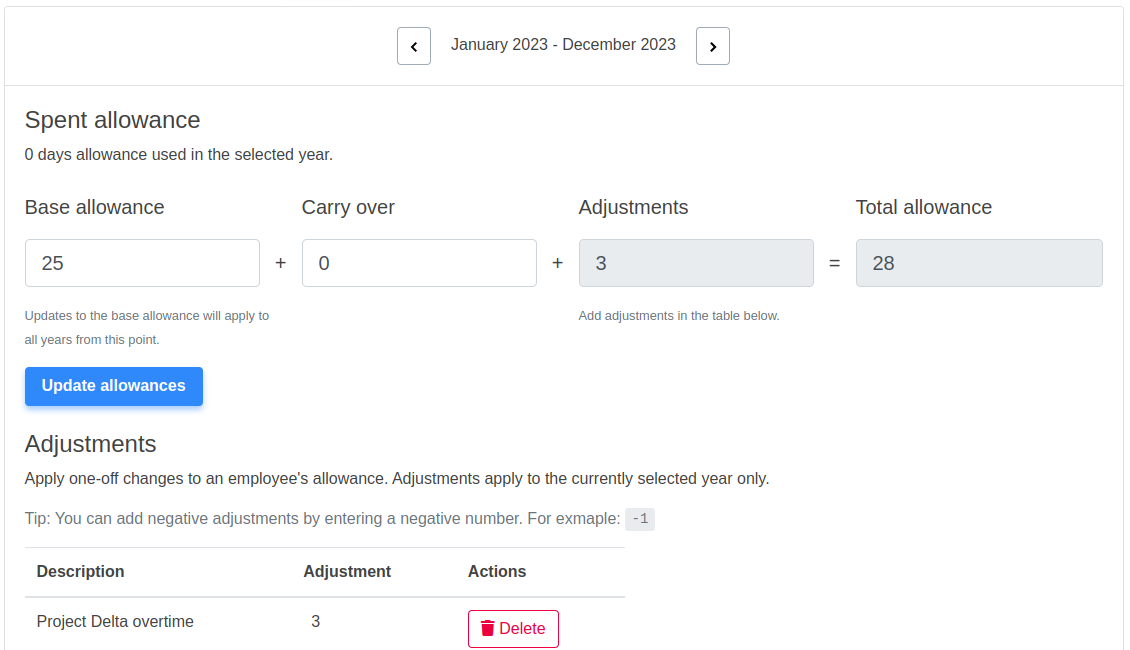What is TOIL at work? (Time off in lieu)
TOIL is an abbreviation of Time Off In Lieu. Lieu is another word for instead, and the sentence is unfinished because the insinuated remaining part is ‘of overtime pay’.
So all together it’s a simpler way to say Time Off In Lieu would be:
Time off instead of overtime pay.
Let me just put that in bold so you can read it again…
What is TOIL?
TOIL is another way to say ‘Time off instead of overtime pay’.
Basically when you or more commonly your employer would rather you take time off rather than being paid for the overtime that you have worked.
Example of Time Off In Lieu
Imagine you've got a big project due at work and you end up putting in a few extra hours to get it done on time. With TOIL, instead of getting paid for that overtime, you can take time off later when you need it. So, let's say you've worked an extra 4 hours, you can take 4 hours off sometime in the future.
When you take those 4 hours off in the future, you would state that you’re taking 4 hours TOIL leave.
Benefits of giving Time Off In Lieu
- No complicated payroll adjustments, it’s much easier to simply add some extra allowance in your holiday tracking system.
- More manpower during busy periods of the business. If your business comes in waves it may be beneficial to have employees working extra hours during those stints and then working less when the work dies down.
- Cost savings: By offering TOIL in place of paid overtime, employers can save money and reduce labor costs.
How can I manage TOIL?
In our annual leave software, a manager can add an adjustment to an employee’s allowance. This is the perfect way to keep track of your employees TOIL.

Simply add an adjustment and leave a description as a reminder of what overtime the employee did. The system will then handle the rest, the allowance will be increased by the TOIL amount and the employee can book leave with it.
You can add adjustments which are fractions of a day or even fractions of an hour depending on what you’re tracking your employee’s allowances with.
Absentia supports tracking allowances in days and hours, you can switch between the 2 on a per employee basis. So you can have one employee’s allowance tracked in days and another employee’s allowance tracked in hours.
Why do we use such a weird phrase?
Lieu is an old french word from the 13th century. If we look at its popularity in books over time; it’s definitely a much less popular word than it was in the 1700s.

Surprisingly the term is actually gaining in popularity again in search engines over the past 10 years.

The exact date when the term "Time Off In Lieu" (TOIL) was first used is not clear. However, the concept of offering employees time off in exchange for working overtime has been around for many years. The term "Time Off In Lieu" has become widely used in recent decades as a way to describe this practice, which is common in many organizations.
You’d think people would start using a more descriptive phrase due to all the confusion.